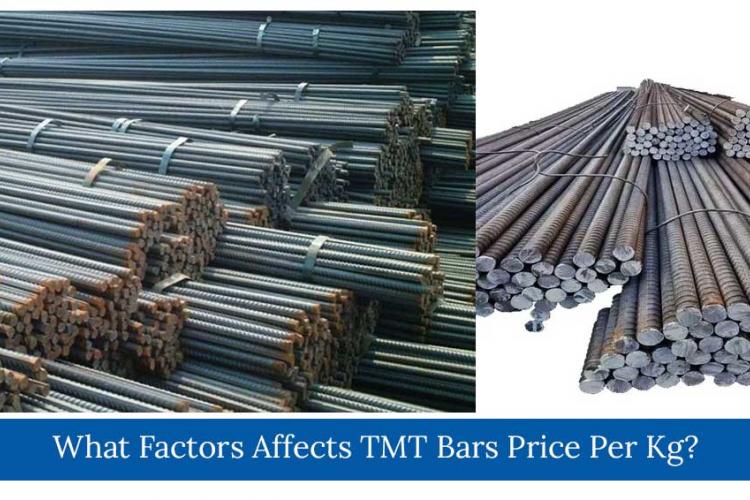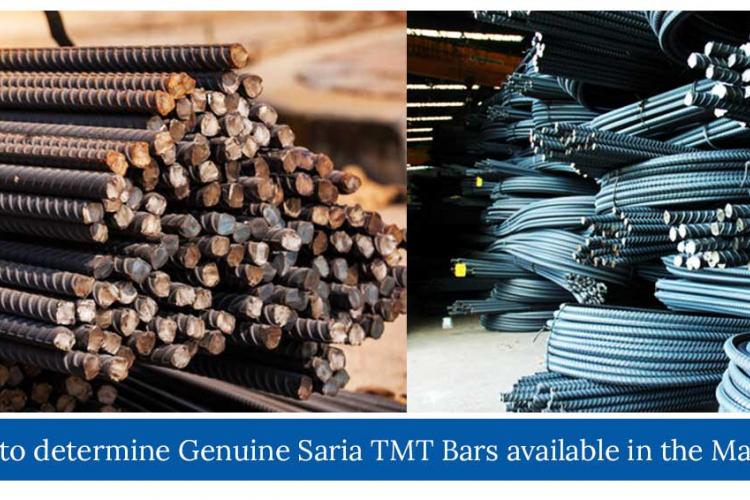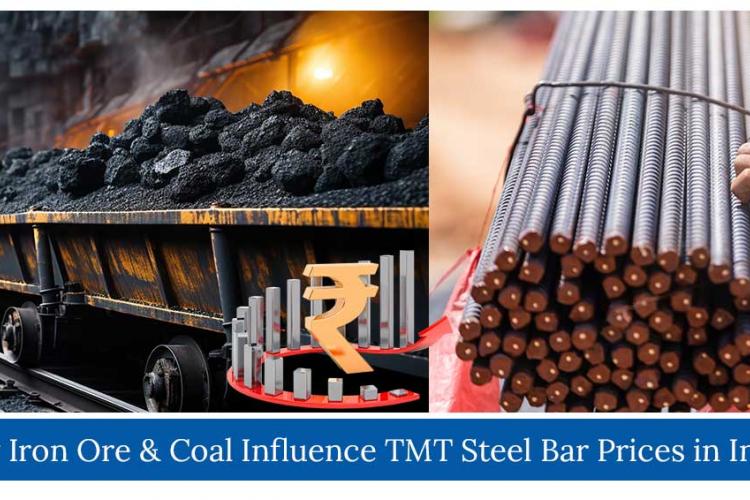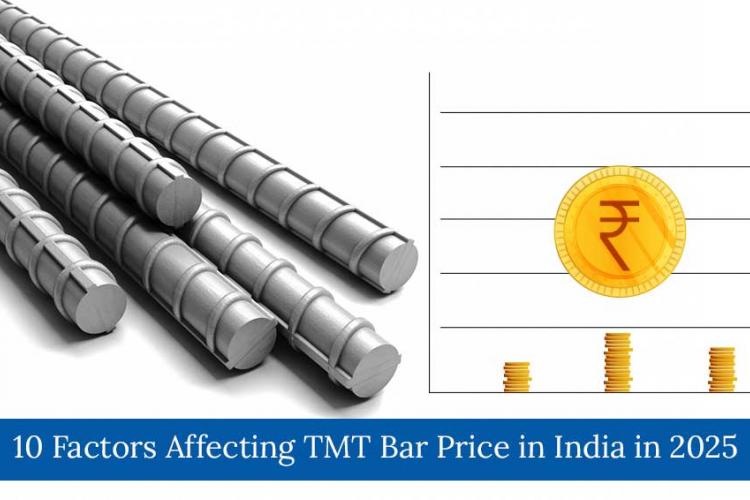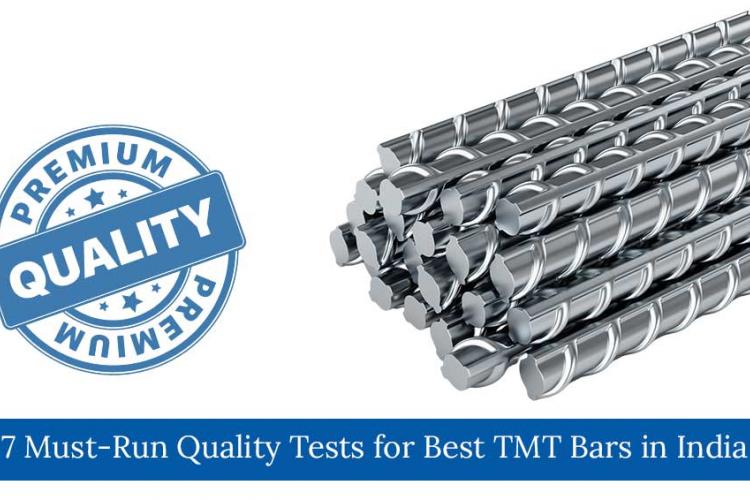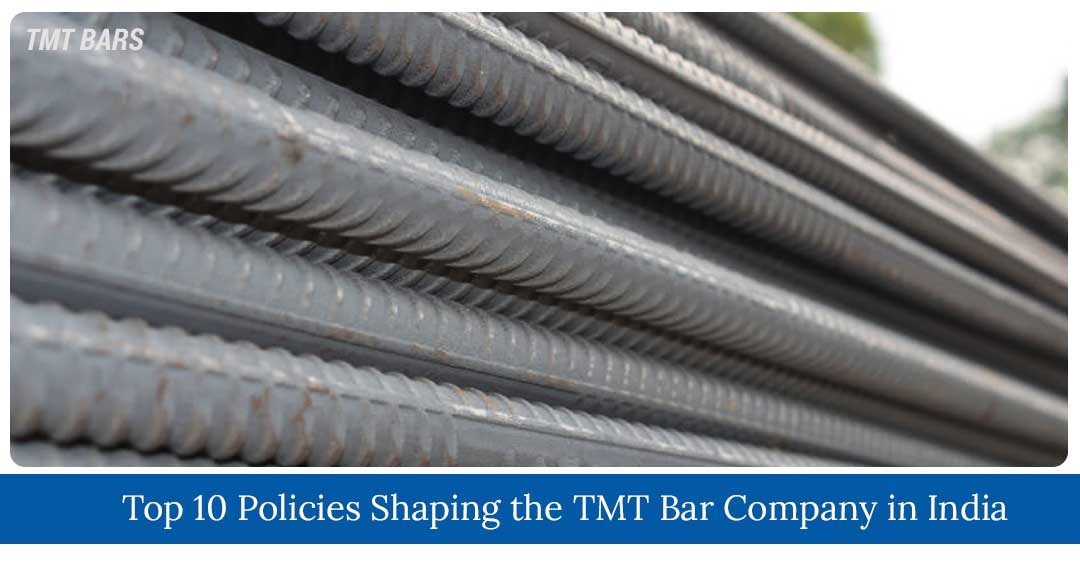
Top 10 Policies Shaping the TMT Bar Company in India
The TMT steel bar company is the driving force behind infrastructure development in India. Since India is among the leading consumers of steel globally, it's interesting to highlight the major policies that are shaping the growth and sustainability of the company. Below are ten major policies that are redefining the path of TMT bars in India.
The Indian government's import export incentive policies have a direct impact on TMT bar resources. Tariff charges on the importation of steel, for example, render locally produced TMT bars more competitive. Export incentives, however, facilitate international expansion of Indian TMT steel bar producers. The policies allow companies to compete internationally while still supporting the national economy.
The Indian TMT sector is an energy-consuming company, and therefore reducing energy usage is of the greatest concern. Policies like these to implement energy-saving technology in the production of steel are cost-efficient for the organizations as well as reduce their carbon footprint. When implementing this policy, leading manufacturers of TMT bars ensure they implement global sustainable practices while coming up with improved TMT bars at minimal costs.
The use of Industry 4.0 for the production of TMT bars is transforming the company. Policies of digitalization and automation are assisting manufacturers in the production of high-quality, low-cost TMT bars. With the implementation of intelligent manufacturing technologies, TMT bar company is ready to be more responsive and innovative in meeting market needs.
Certified standards and quality control are responsible for checking the reliability of TMT bars. Rules and codes are relied upon by companies to check if they employ rigorous quality standards such as ISI certification. TMT bars that are certified are best recognized due to their strength and durability, thus becoming a prime selling point in a competitive market. Buyers place confidence in the best TMT bars when supported by known certifications.
Currency exchange policies are the most important elements of international trade of TMT steel bar company. Indian TMT bar firms maintain good exchange rates as well as hedging policies to counter the risks associated with international transactions. The impact of currency fluctuations is minimal, and that is the reason why prices are homogeneous and Indian TMT bar exports to the world market remain stable.
With the growing use of TMT bars in India, recycling and waste management policies are catching up. Steel producers are encouraged to implement steps that minimize waste and maximize recycling of scrap steel. Not only a cost-saving step, but an eco-friendly step too. These policies make sure TMT bars are produced with minimal environmental cost.
Stockpile policies are formulated to manage finished and raw materials in an effective manner. Stockpile policies assist TMT steel bar businesses in inventory management in order to allow them to sustain demand peaks without piling up inventories. Intelligent stockpile management is crucial to minimizing wastage and optimizing cash flow, allowing TMT bar businesses to stay financially sound.
India's TMT company seriously needs an efficiently effective logistics system. Favorable policies for developing infrastructure for the transport networks will guarantee timely delivery of TMT bars to site locations across the country. With improved logistics, TMT bar companies can cut lead times as well as transport costs, improving the efficiency as well as reliability of deliveries of TMT bars.
Price control policies in the TMT steel bar company guarantee stability in the market. Price control policies guarantee that there is no immediate change in price, which can destabilize the manufacturing and construction sectors. Government intervention in the form of price control on raw materials guarantees that the price of TMT steel bar remains stable to the benefit of the manufacturer and the consumer.
India is moving towards sustainable development, and the same trend is observed in TMT steel bar sector policies too. The government drive towards green buildings and green construction practices creates growing demand for sustainable TMT bars. TMT bar manufacturers are now turning towards eco certifications and energy-efficient manufacturing processes, as per national and international sustainability drives.
These 10 policies determine the destiny of TMT bars in India. From energy efficiency to quality certification, or Company 4.0 implementation. These policies help not only in the development of TMT steel bar firms but also make the company innovative and sustainable. As day by day India's TMT company is boosting, these policies will make available high-quality international-standard TMT bars, and hence India will become a world leader in the steel market.


